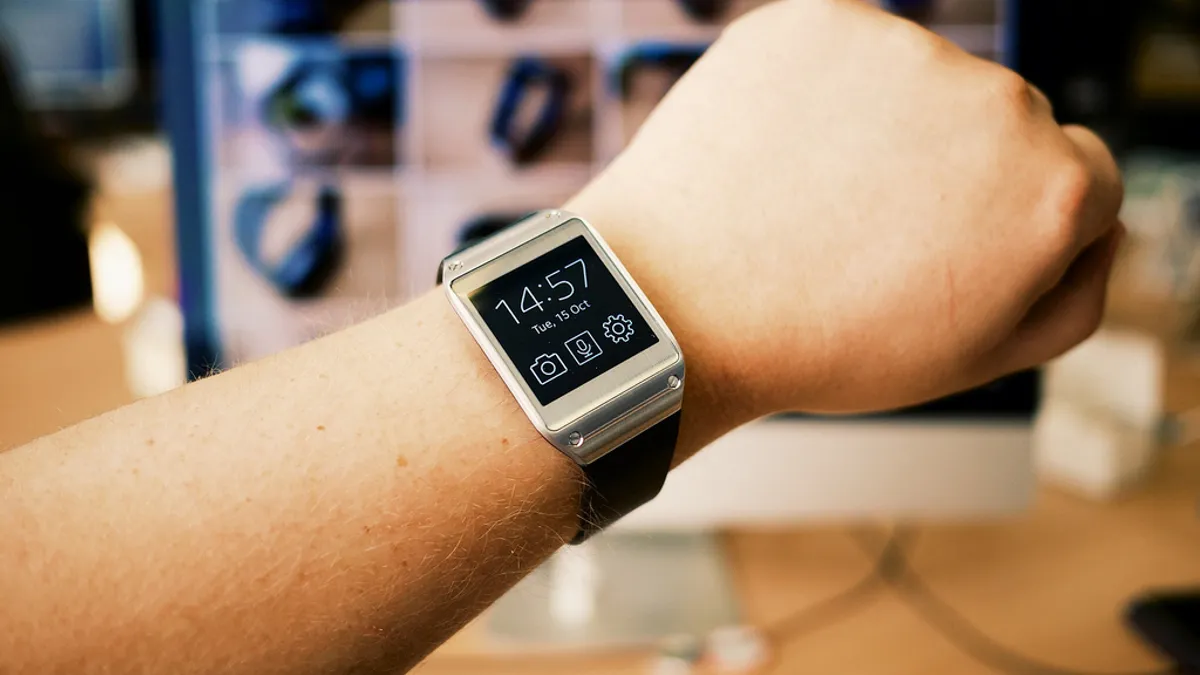Dive Brief:
- In a recent GreenBiz article, Call2Recycle CEO & President Carl Smith wrote that developments in wearable tech — including fitness trackers, smart sunglasses and smart clothing — have led to "a troubling trend in the recycling market" due to new obstacles in disassembling the products.
- According to Smith, the design and manufacturing of many of these tech products has become "increasingly disconnected" from how the recycling industry processes the materials at the end-of-life. Because all wearables require batteries, and batteries are often glued into products or fully integrated into the materials, they're seemingly impossible to recycle
- Smith also noted that his problem is not exclusive to wearable technology, but also applies to common electronics developed by Apple, Samsung and Microsoft. Smith suggests that three factors must be in-place for recycling to be financially viable: clear labeling of material composition, easy disassembly and low contamination.
Dive Insight:
The recycling industry has been faced with monstrous challenges involving various electronics — especially small-sized tech — that are difficult to disassemble. In December 2016, iFixit Chief Executive Kyle Wiens spoke out against Apple's AirPods, noting that they're too small to be dismantled by hand but could catch fire if they're recycled without being dismantled.
In order for tech companies to maintain "environmentally-friendly" values that draw in consumers, many have recognized some of the problems in recycling and are investing in various solutions. While Fitbit lacks a "sustainability" or "environment" page on its website, Apple has tried tirelessly to lessen its impact on the environment. Last year Apple introduced Liam, a 29-armed robot designed to disassemble iPhones, and this week the company pledged to end its reliance on mining and only use recycled material in the future.
Despite the recyclability issues associated with wearables, they're increasingly common among consumers. Even employers are incentivizing staff to use wearables in order to gain healthcare program rewards, indicating that Fitbits, Apple Watches and similar trackers are only going to become increasingly popular. Due to this upward trend, it is crucial that recyclers come together to determine the best possible way to dispose of trackers — even if that means approaching tech manufacturers head on.














